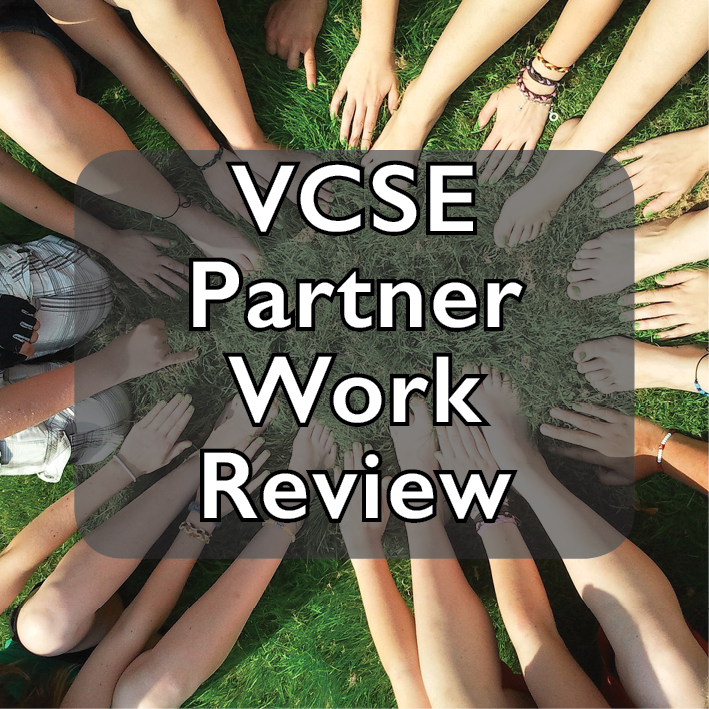Successful programs, despite their notable achievements, often encounter significant challenges.
One of the most pressing issues faced by the Voluntary Community and Social Enterprise (VCSE) sector is limited funding, which can hinder the scope and reach of their initiatives.
Additionally, retaining dedicated volunteers or even staff can be a constant struggle, as individuals may have changing personal commitments or face burnout over time. These challenges can impact the stability and continuity of the programs.
Another major hurdle is the risk of funding-led mission shifts. When projects or services rely heavily on external funding, they might feel pressured to alter their core objectives to align with the priorities of their funders. Over time this sort of ‘mission shift’ can not only affect how the cause is perceived, but also how it is able to respond an the original need.
An example of this might be a homeless charity set up in a cathedral city to meet a local need for people who are rough sleeping but, over time, tendered for community mental health contracts.
This has happened time and again, with large percentages of funding for homelessness being cut and the charities adapting to new mental health strategies and associated funding streams.
At what point is it right to say that the original homeless charity, which community members identify with and continue to donate to, has gone and been replaced with a specialist mental health service provider?
We can see what has happened. We understand why a charity might do this. What happens to the original need?
What about the rough sleepers who continue to sleep up and down the high street? Now, they have no apparent service, and the local charity set up for them continues to benefit from the legacy goodwill it gained during all those years dealing with the rough sleepers – rattling cans for small change.
From the outside, it looks like there is no gap in provision.
So, funding itself can divert Voluntary Community and Social Enterprises (VCSE) from their original mission and values, potentially undermining their long-term impact.
Moreover, adapting to changing community needs requires ongoing assessment and flexibility, adding another layer of complexity to their operations.
Despite these obstacles, the resilience and adaptability of small charities and community groups play a crucial role in their ability to navigate these challenges.
Their commitment to their mission and their innovative approaches to problem-solving enable them to sustain their impactful work.
By continuously adjusting their strategies and finding creative solutions, these programs manage to thrive even in the face of adversity.
If you have success, you, your group, charity or organisation would like to share – we would love to hear from you!






